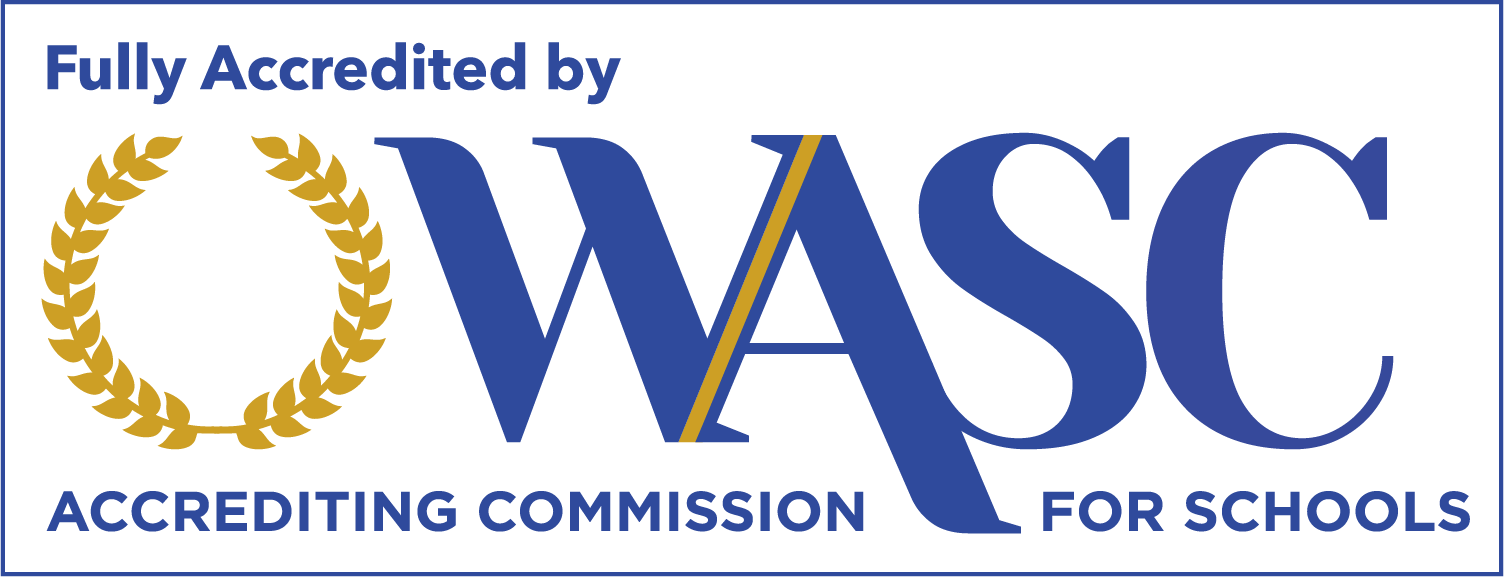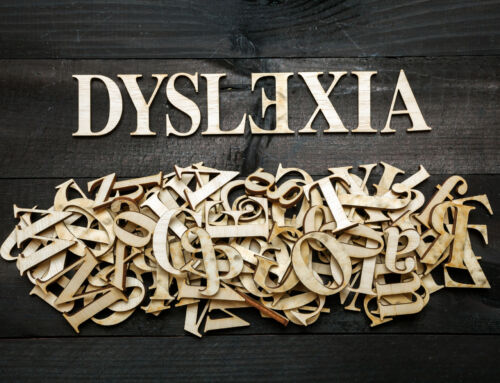Signs of Dyslexia
Dyslexia is the most common language-based learning disability; estimated to affect roughly 10-20% of children and yet, it is still often misunderstood and misdiagnosed. Many people assume that if you have dyslexia, you must be seeing letters backwards—which is not the case at all
The reality is that kids with dyslexia have difficulty matching the letters they see on the page with the sounds those letters make. It has nothing to do with what they are seeing or hear but rather, how those sounds and symbols are processed in the brain. However, these difficulties have no connection to their overall intelligence (which is another misconception). In fact, most dyslexic individuals have average to above average intelligence. While those with dyslexia are typically slower readers, paradoxically they are often creative thinkers with strong reasoning abilities. In addition, dyslexia occurs on a continuum from mild to moderate to severe to profound and may have other concurring disabilities that affect their learning such as ADHD . With all of this to consider, it is easy to understand how so many children with dyslexia are sadly never diagnosed or given a chance to receive the type of education essential for their success.
What are Early Signs of Dyslexia?
Over the years, what the experts know about dyslexia has continued to evolve. As such, it is especially important to have the latest information on possible warning signs that indicate your child may have dyslexia. Early identification and early intervention are key to overcoming this very common learning disability.
Toddlerhood Signs of Dyslexia
- Starts talking late
- Learns new words slowly
- Trouble forming words—either reversing sounds or confusing similar-sounding words
- Trouble remembering or naming colors, letters and numbers
- Trouble learning rhymes or playing games involving rhymes
Preschool Dyslexia Symptoms
- Delayed development of speech as compared to other children the same age
- Speech trouble, unable to say long words
- Difficulty expressing themselves verbally
- Avoiding or showing little interest in learning the alphabet
- Trouble rhyming words other kids can
Kindergarten Dyslexia Signs
- Consistent reading errors
- Avoids reading and complains about difficulty
- Cannot say simple words well
- Overlooks / confuses similar-looking letters while trying to read
Signs of Dyslexia During Grade School
- Avoids reading out loud whenever possible
- Difficulty reading and learning new words
- Use of vague language instead of naming objects
- Delayed speech development
- Confusing similar sounding words
- Mispronunciation of words
- Delayed responses to questions asked
- Struggles to remember names
- Trouble brainstorming and taking tests
- Struggling to meet deadlines
- Messy handwriting
- Unable or unwilling to learn a new language
- Low self-esteem stemming from challenges at school
Things To Keep In Mind
There are several signs and symptoms mentioned above for detecting dyslexia at different ages. However, other factors must be kept in mind before assuming someone has dyslexia simply because they are showing signs of this learning disorder:
- Enjoys puzzles and thrives with building toy models
- Excellent comprehension of stories heard versus reading on their own
- Impeccable conceptualization, reasoning, and abstract thinking skills
- Reads better in areas of interest
- Excels in other subjects, such as math, computers, sports and visual arts
- They have extremely creative minds and great imagination
Associated Concerns
Some other concerns that might be posing a problem in your child’s performance, such as trouble with numbers (dyscalculia), difficulty with expressing themselves through writing (dysgraphia), physical coordination problems (dyspraxia), poor memory, subpar organizing and time management, and trouble concentrating with a short attention span (ADHD).
Bottom Line
We recommended that parents speak with their child’s teacher(s) if they have concerns. It may be necessary to request a full psycho-educational evaluation to determine what is causing your child to struggle. This will give a clear picture of your child’s learning profile, pave the road to treatment and rule out any underlying health concerns—such as hearing problems or vision problems. However, we urge parents to be diligent in ensuring effective treatment is implemented at the school level because an evidence-based method (curriculum) is required to ensure success. Regardless, parents who feel their child is struggling in school and could possibly have dyslexia are advised to seek help immediately—delays can severely hinder a student’s opportunity for educational success
At Read Academy we specialize in teaching children with dyslexia, dysgraphia, and dyscalculia with or without other disabilities such as auditory processing or ADHD. We empower them by providing courses tailored to their unique learning style taught by exceptional teachers trained in all aspect of dyslexia.
Contact us today to enroll your child in a school where they can reach their fullest potential.




